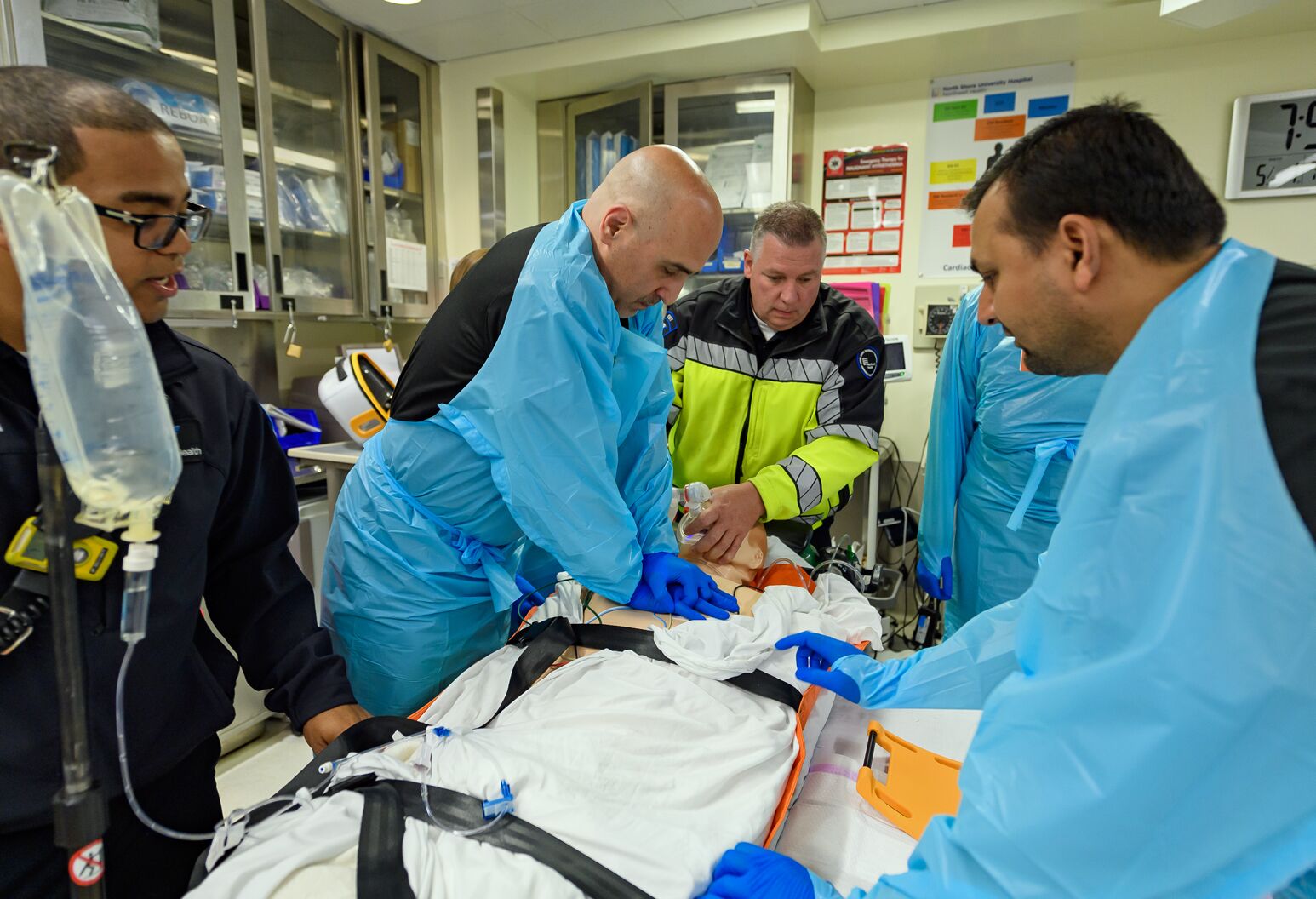Introduction
Medical malpractice is a critical issue that affects countless patients each year. Understanding your rights as a patient is essential for ensuring that you receive the quality healthcare that you deserve. This article aims to empower patients by providing comprehensive information about medical malpractice cases, what constitutes malpractice, and how to navigate the legal landscape if you find Visit this site yourself involved in such a situation.
What is Medical Malpractice?
Medical malpractice occurs when a healthcare professional fails to provide the standard of care that a reasonably competent professional would deliver under similar circumstances, leading to patient harm. This can include doctors, nurses, and other medical professionals who deviate from accepted practices in their field.
Defining the Standard of Care
The standard of care can vary depending on a variety of factors, including the type of care being provided, the patient’s conditions, and the common practices of medical professionals in that field. It is essential for both patients and healthcare practitioners to understand what constitutes the accepted standard to help determine if malpractice has occurred.
Common Types of Medical Malpractice Cases
- Misdiagnosis or Delayed Diagnosis: A failure to diagnose a condition or a misdiagnosis can lead to severe health complications. For example, if a doctor misdiagnoses cancer as a benign condition, the patient may not receive timely treatment. Surgical Errors: Errors during surgery, such as leaving surgical instruments inside a patient or performing the wrong procedure, can have catastrophic consequences. Such mistakes fall under severe forms of malpractice. Medication Errors: Incorrect medication dosage or failure to account for drug interactions can cause significant harm to patients. For instance, prescribing a medication to a patient without considering their allergies can severely endanger their health. Birth Injuries: Errors during childbirth, including improper handling of delivery or failure to recognize fetal distress, can lead to long-term disabilities for the newborn. Anesthesia Errors: Mistakes made by anesthesiologists during the administration of anesthesia can result in serious consequences, including brain damage or death if not corrected timely.
Identifying Malpractice: Key Elements
In order to establish a medical malpractice claim, the plaintiff (patient) must prove four key elements:
Duty of Care: The healthcare provider had a duty to provide care to the patient. Breach of Duty: The provider failed to meet the standard of care, which constitutes a breach of that duty. Causation: There must be a direct link between the breach of duty and the injury incurred by the patient. Damages: The patient suffered actual damages as a result of the malpractice, which can include physical pain, emotional distress, lost wages, and incurred medical expenses.
Patient Rights in Medical Malpractice Cases
As a patient, it is vital to understand your rights when navigating potential medical malpractice situations. Here are some key rights you should be aware of:
The Right to Information
Patients have the right to receive information about their diagnosis, treatment options, and the associated risks. This right is fundamental to informed consent, which requires that a patient understands and agrees Medical error attorney to the proposed procedures or treatments.
The Right to Second Opinions
Patients have the right to seek a second opinion or consult another physician if they are not comfortable with a diagnosis or treatment plan. This right is especially important when navigating complex medical decisions.
The Right to Access Medical Records
Patients have the right to access their medical records, which can be crucial in understanding their treatment history and supporting any malpractice claims. Access to medical records enhances transparency and accountability.
The Right to File Complaints
If patients believe they have been victims of medical malpractice, they have the right to file complaints with medical boards or pursue legal action to seek justice for their situation.

Steps to Take When Malpractice is Suspected
If you suspect medical malpractice has occurred, take the following steps to protect your rights:
Document Everything: Keep detailed records of your healthcare experiences, including dates, names of healthcare providers, symptoms, and any conversations regarding your care. Obtain Copies of Medical Records: Request copies of your medical records to review for any discrepancies or errors that could support your claim. Consider Seeking Legal Advice: Consulting with a qualified attorney specializing in medical malpractice can provide you with valuable guidance on the viability of your claim and the potential course of action. File a Complaint: If necessary, file a complaint with the appropriate medical board or regulatory authority. Follow Up: Continue your treatment and follow your healthcare provider’s recommendations to maintain the best possible health outcomes.
Legal Considerations and Time Limits
Understand that legal jurisdictions have specific statutes of limitations governing how long a patient has to file a malpractice suit. After discovering the injury, a patient usually has a limited time frame—often between one to three years—to initiate legal proceedings.
Importance of Evidence
To support a medical malpractice claim, sufficient evidence must be presented. This can include:
- Medical records Expert testimony from qualified healthcare professionals Documentation of damages incurred
Conclusion
Medical malpractice is a serious issue that requires both awareness and action from patients. Knowing your rights can empower you as a patient to take charge of your healthcare and ensure that you receive the appropriate level of care. Always remember that you have the right to seek accountability from healthcare providers if you believe that you have been wronged. Seek legal advice, gather your evidence, and do not hesitate to pursue justice for yourself or loved ones who may have suffered due to medical negligence.